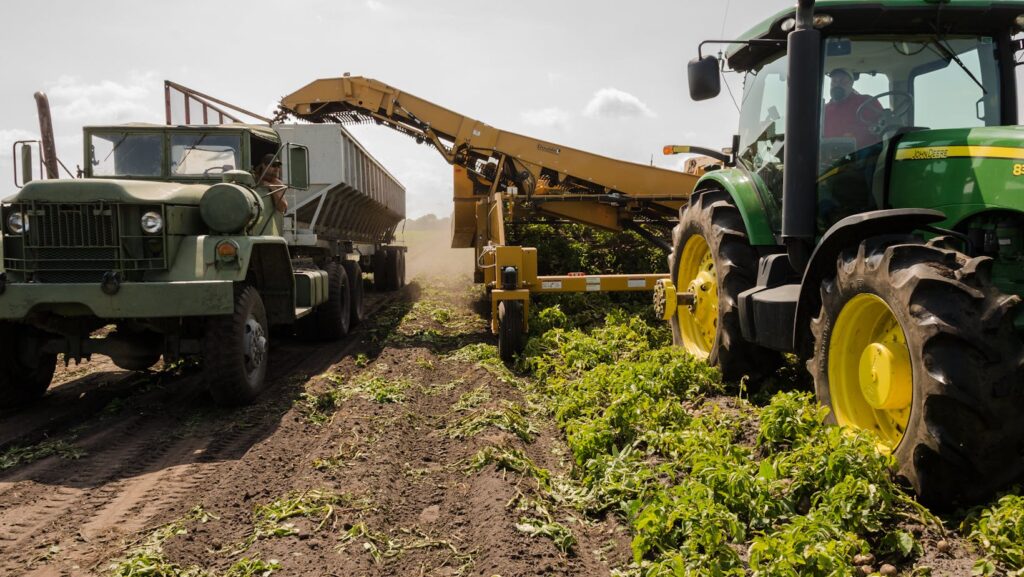In the ever-evolving world of food science, innovation isn’t just a buzzword—it’s the key to a healthier, more sustainable future. As technological advancements continue to reshape our understanding of food, we’re witnessing an exciting era of unprecedented change. So, let’s take a look at innovative food science and emerging technologies.
Innovative Food Science And Emerging Technologies

The journey into innovative food science and emerging technologies doesn’t move in just one direction. It’s influenced by a series of interconnected factors. Chief among them are consumer demand and technological advancements, with the former shaping the latter and the latter encouraging the former.
Consumer demand plays a pivotal part in steering the direction of food science innovation. Individuals increasingly seek better health benefits from their food, making them more intrigued with alternatives that boost nutritional value, such as fortified cereals or probiotic yogurt. For instance, as awareness grows about the health risks linked to excessive sugar consumption, consumers increasingly look for food products with reduced sugar or alternative sweeteners. That, in turn, stimulates food manufacturers into researching and developing new methods to cater to this demand without compromising taste.
Key Technologies Shaping the Industry
Precision Fermentation
Precision fermentation emerges as a leading technology in food science. Using microorganisms like yeast, it produces proteins and nutrients in a lab setting. It’s a game-changer in food production, guaranteeing accuracy while cutting down environmental costs. For instance, Impossible Foods incorporates precision-fermented heme, an iron-containing compound, into their plant-based meat alternatives. This significantly enhances flavor and texture, giving a realistic meaty profile to the product.
Compared to traditional methods, precision fermentation outperforms in terms of efficiency and sustainability. It’s a boon for the dairy industry, particularly in cheese and yogurt production. Companies like Perfect Day use precision fermentation to create cow-free dairy proteins without compromising taste or texture.
Artificial Intelligence in Food Processing

Artificial Intelligence (AI) stands as another breakthrough technology in the food sector. AI-driven technologies empower food processing, quality control, and waste reduction. Companies use machine learning algorithms to predict food quality, extend shelf life, and enhance taste profiles.
A notable example includes NotCo, a food tech company, that leverages AI to develop plant-based alternatives with flavors identical to their animal-based counterparts. They achieve this by employing machine learning to analyze food on a molecular level, providing a breakthrough in food replication.
Impact of Emerging Technologies on Food Sustainability
Reducing Waste with Smart Packaging
Smart packaging, an innovative technology, plays a fundamental role in reducing food waste. This approach employs sensors, data analytics, and other digital tools to monitor the quality of food during transit and storage. Smart packaging systems, like those developed by StixFresh and Mimica, have displayed potential in extending the shelf life of food products, reducing unnecessary wastage.
For instance, StixFresh’s stickers slow down the ripening process in fruits, potentially extending shelf life by up to 14 days. Mimica, on the other hand, has developed a label that changes texture based on the freshness of the food product, indicating exactly when the food is no longer safe to consume.
Enhancing Agricultural Productivity

Emerging technologies benefit agricultural productivity by transforming traditional farming methods. For instance, precision agriculture tools, such as GPS-guided tractors and drone technology, promote a more efficient use of resources, thereby enhancing productivity and sustainability.
Specific tools, like the satellite imagery service provided by Planet Labs, offer real-time analytics about crop health, making it easier for farmers to manage their fields efficiently. Similarly, drone technology, as used by AeroFarms, enables high-accuracy planting, which helps in maximizing yield and minimizing resource wastage.
Innovation in Food Science
Innovative food science and emerging technologies are undeniably revolutionizing the food industry. Companies are leveraging these advancements to create sustainable and healthier food options, like plant-based meat alternatives and dairy proteins. Artificial intelligence’s role in food processing is also noteworthy, as it’s driving significant innovation. With the advent of smart packaging and precision agriculture tools, food waste is being curbed and agricultural productivity is on the rise.

